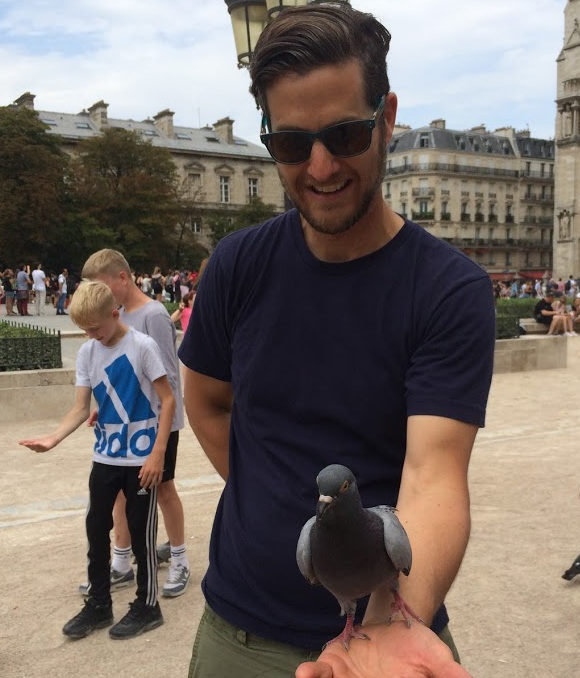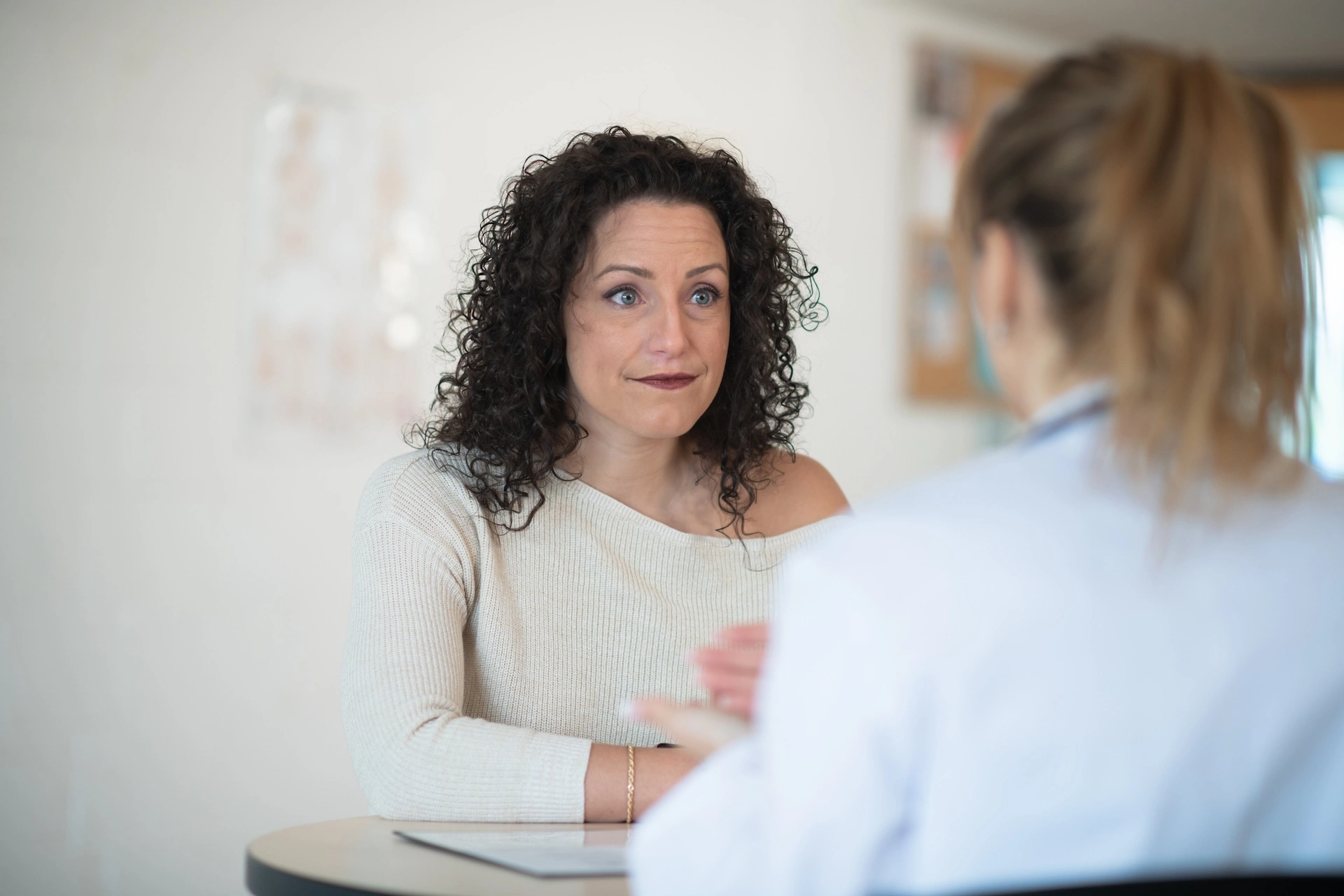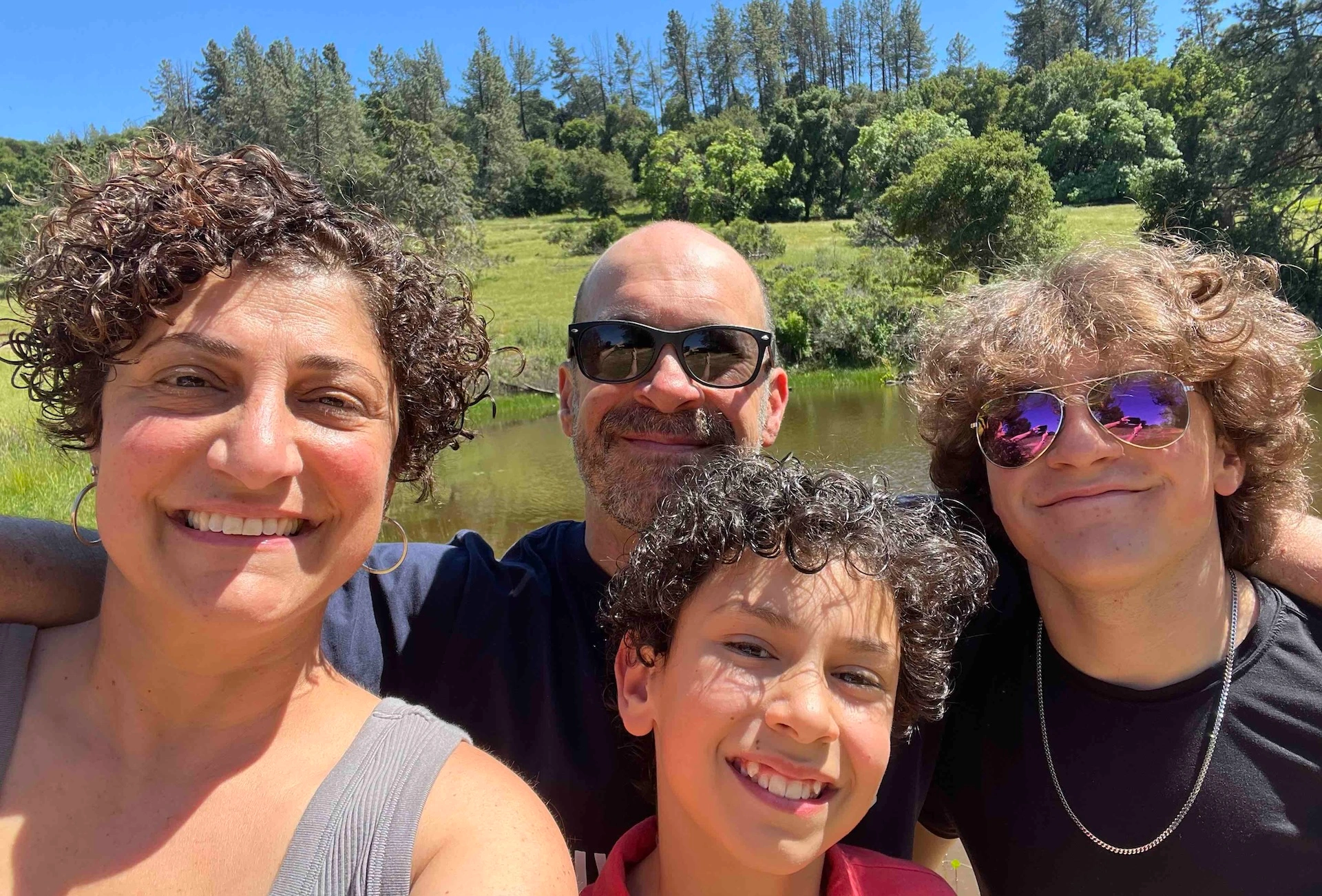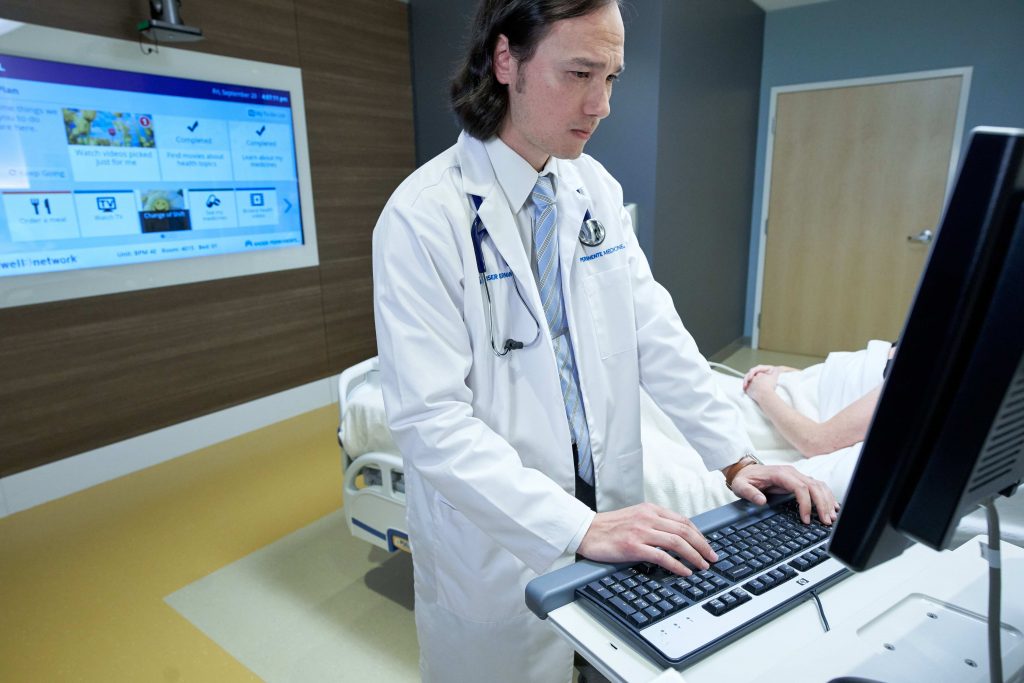Matthew Solomon, MD, PhD
Division of Research Physician Researcher Program|Cardiologist, East Bay Kaiser Permanente
Dr. Matthew Solomon is a cardiologist in Kaiser Permanente’s East Bay service area where he practices general cardiology and is building a regional center for patients with thoracic aortic disease. He also conducts cardiovascular outcomes research at Kaiser Permanente’s Division of Research.
Q: We know our hearts our important…they keep us alive, move our blood around, but what don’t we know about them?
Despite tremendous strides in our understanding of heart disease, we still have so much to learn. For example, some people have heart attacks with only a small amount of coronary artery disease, while others have severely calcified and narrowed arteries, but never have a heart attack and their hearts remain strong. Why? We are just beginning to unlock the genetic mysteries to explain these differences, as well as so many others.
 In addition, many people think it’s too late to make positive changes in their lives, whether it’s quitting smoking, losing weight, eating healthy, or other behavioral changes that can improve their long-term health. Quitting smoking or controlling blood pressure, even late in life, confers significant health benefits. My recommendation: see your doctor and talk about what you can do to improve your cardiovascular health. It may be easier than you think.
In addition, many people think it’s too late to make positive changes in their lives, whether it’s quitting smoking, losing weight, eating healthy, or other behavioral changes that can improve their long-term health. Quitting smoking or controlling blood pressure, even late in life, confers significant health benefits. My recommendation: see your doctor and talk about what you can do to improve your cardiovascular health. It may be easier than you think.
Q: What kind of research are you doing as a practicing physician? And, why do you think it’s important?
With my colleagues at the Division of Research, we conduct cardiovascular outcomes research, which means we analyze our real-world practice patterns to find ways to improve care for Kaiser Permanente patients, and for patients throughout the world. Right now, through the Physician Researcher Program, we are examining our practice patterns for patients with valvular heart disease, to understand the variation in care, and to help optimize our management for these patients before they need valve replacement surgery. In another project, we are developing a risk calculator for patients who receive coronary stents so we can better understand which patients are at highest risk of returning to the emergency room or hospital in the next year. Understanding that can help us better counsel our patients, and identify those at highest risk, so we can improve their outcomes.
Q: How has what you’re doing now changed in the past few decades, and, where do you see it going in the future?
Today, we can open narrowed or clogged arteries with metal stents, and can replace damaged heart valves through minimally invasive procedures, avoiding open heart surgery and getting patients home quickly with a speedy recovery. And preventive medications and public health efforts have drastically cut the rate of heart attacks over the past several decades. In the future, advances in genetics will help us better tailor treatments to our patients’ unique profiles. And the explosion of digital health technologies will enable us to capture huge amounts of data to better understand and track our patients’ illnesses, and their progress.

Q: In your free time, what do you like to do?
My family and I love traveling, and I’m an energetic sourdough bread baker. I also play basketball with a great group of fellow Kaiser Permanente colleagues.
Q: February is American Heart Month. Any advice? More chocolates? More wine???
I wish I could STRONGLY recommend more chocolate and wine! But, sadly, we don’t have the evidence to support that. For now, the best course is moderation. Fortunately, eating a heart-healthy diet and getting regular exercise is relatively easy here in beautiful California. Quitting smoking is also one of the smartest health moves you can make. Here in Northern California alone we’ve helped over 100,000 people quit smoking!





Comments (0)